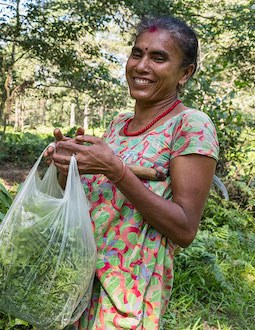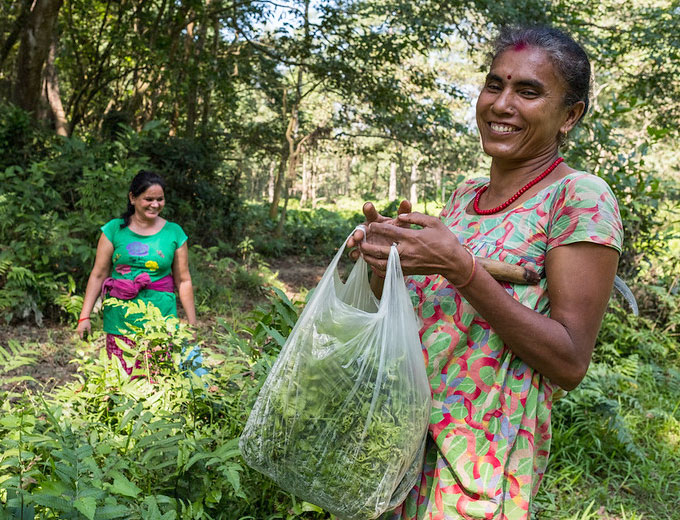Conservation Enterprises Impact Lab


The USAID Conservation Enterprises Learning Group facilitates learning by using a generalized theory of change and monitoring, evaluation, and learning (MEL) framework to help activity teams design, monitor, evaluate, and share lessons from their conservation enterprise (CE) approaches. From 2019 to 2022, 23 activity teams from 13 Missions in Africa, Asia, and Latin America and the Caribbean developed 32 posters to illustrate their CE theories of change.
In 2021 USAID, with support from the Measuring Impact II (MI2) activity, initiated an Impact Lab, a series of facilitated conversations around the Conservation Enterprises Learning Group theory of change. In 2022, USAID and MI2 facilitated a second CE Impact Lab. Seven activity teams from five Missions shared their experiences supporting community-level enterprises as a conservation approach. Beginning in June, the Impact Lab facilitators guided the teams in developing their conservation enterprises theories of change and MEL frameworks and identifying lessons learned. Each team produced a poster illustrating their activity’s theory of change, which they presented while sharing useful tools and methodologies during the final session in August.

